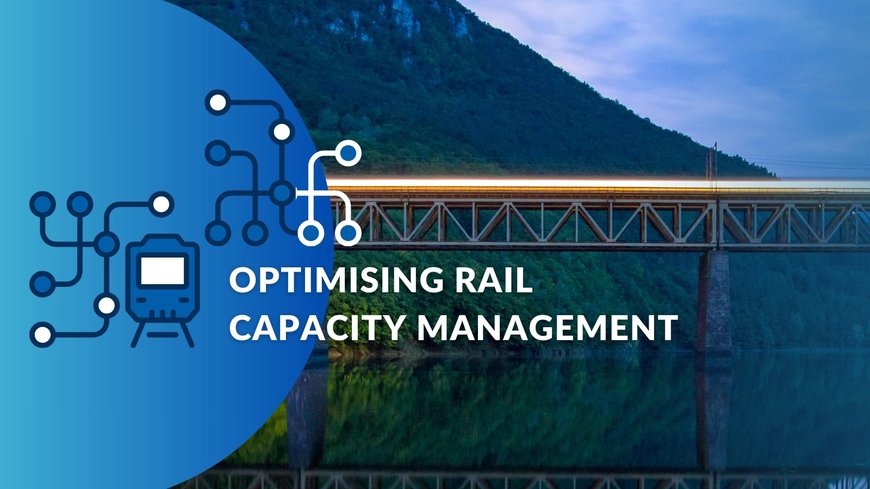railway-international.com
24
'24
Written on Modified on
Rail sector calls for pragmatic approach to rail capacity management
If Europe is to achieve its ambitious Green Deal objectives, more goods and people must be moved on rail.

Speaking at a dedicated event on 23 January in the European Parliament, hosted by the Rapporteur on the Capacity Regulation MEP Tilly Metz, European rail sector CEOs however underlined that the proposal must give sufficient attention to the following requirements:
The involvement of railway undertakings and applicants is essential to promote efficient dialogue with Infrastructure Managers (IMs). A European Railway Undertaking Platform (ERUP) must be developed and involved in the allocation process and in the development of European frameworks.
Any new governance structure and obligations must avoid excessive administrative burden for IMs.
Sufficient financing must be allocated for full Timetabling Capacity Redesign for Smart Capacity Management (TTR) and Digital Capacity Management (DCM) implementation – including current Connecting Europe Facility (CEF) calls and CEF3 – with multiannual funding provided by the Member States for at least 5 years to be included in the Regulation.
The functions of the Network Coordinator should be undertaken by the sector itself as it has the knowledge of processes and digital tools.
While the sector welcomes the introduction of socio-economic and environmental criteria applied in case of scarce infrastructure capacity, it is crucial that further work is undertaken to define the criteria, how they are applied and at which regularity they are updated.
Only then can positive effects on long-term scheduling for passenger services, and more flexibility on short-term capacity allocation for freight services be realised. Also speaking at the debate were Shadow Rapporteurs MEPs Marian-Jean Marinescu, Bogusław Liberadzki and Dominique Riquet, as well as Land Transport Director Kristian Schmidt from the European Commission. With the new rules in the proposal, an increase of capacity of up to 4% is expected, representing nearly 250 million train km of additional capacity. The first concrete results could already be delivered by 2026, and CER calls on legislators to fast track the proposal.
MEP Tilly Metz said "Achieving the goals set out under the Green Deal requires a swift modal shift-to-rail for both people and freight. In the coming years, we need to optimise rail capacity by increasing efficiency, boosting digitalisation, and investing in infrastructure. An overall Europeanisation of capacity management will facilitate cross-border and multi-network applications."
CER Executive Director Alberto Mazzola said: "We expect this provision to increase capacity on rail infrastructure through improved processes and digitalisation. The sector is ready and willing to further improve this good proposal for better passenger and freight services".
ÖBB-Infrastraktur CEO Johann Pluy said: "CER Infrastructure managers welcome the proposed Regulation on the use of railway capacity in the EU, which will lead to a new type of cooperation in the whole railway sector! We are in favour of an enhanced dialogue with our stakeholders, especially with the applicants! However, this new framework will only lead to the desired results if simple, clear, and strong governance is established to harmonise rules and procedures for strategic capacity management and its implementation."
SNCF Fret CEO Frédéric Delorme said: "Rail freight undertakings are impatient to see the development of bilateral or even trilateral Proof of Concepts between European infrastructure managers for capacity allocation and planning of works. Those Proof of Concepts will prepare the implementation of the Capacity regulation and develop international freight as soon as possible."
ÖBB-Personenverkehr COO Klaus Garstenauer said "A comprehensive approach towards rail capacity allocation in Europe is overdue. All concerned parties must work together in order that the application of these new standards does not merely mean additional red tape but will lead to a true enhancement of international rail traffic. The contributions of railway undertakings must be sincerely considered".
www.cer.be

